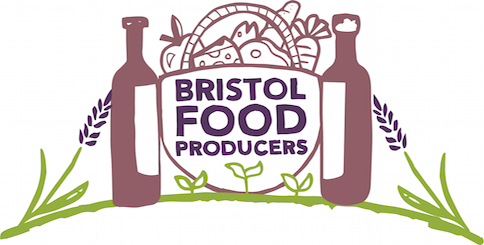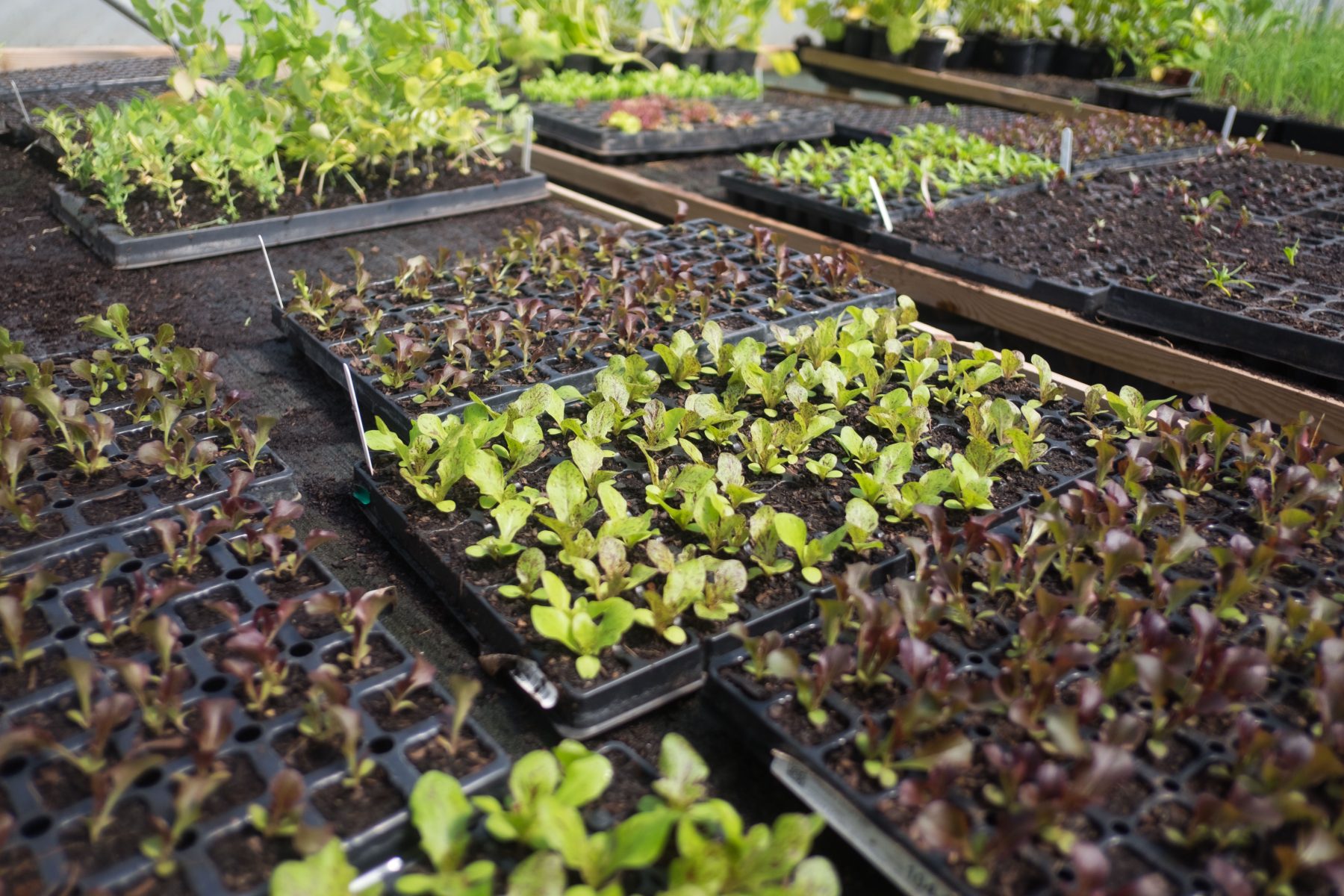Are you looking for a training opportunity in regenerative/agroecological farming or agriculture in Bristol? If you are a new entrant farmer, trainee or apprentice or a farmer/grower, then this course is for you. It is also a great way to expand your skills and knowledge and take your first steps in shifting towards Regenerative Agriculture from any background.
This course is certified as a Level 2 equivalent by Ofqual and the Crossfields Institute as a certificate in Regenerative Land-Based Systems and also provides the Permaculture Association Certificate in Introduction to Permaculture. It has been developed by The Apricot Centre in Devon, and we are very excited to be bringing this course to Bristol for the first time. The course runs one day a week for 12 weeks.
Aims of the course
This course will help you to:
- Progress your career in regenerative farming;
- Develop a further understanding of a circular food economy;
- Develop regenerative land based systems on current or future land;
- Develop your business or diversify your existing one using regenerative methods to meet the current ELMS requirements.
Course topics
🌍 Introduction to regenerative land based studies
This unit explores the definitions and methodologies that underpin regenerative land based systems, their origins and why they are important in the context of climate change and biodiversity loss. Learners will understand that in a time of climate change, biodiversity loss and the need to produce healthy food, regenerative food systems are able to meet these challenges. Regenerative systems are a complex set of farming and horticultural methodologies. In this unit, learners will be introduced to these methodologies and why they are necessary.
🪱 Soil ecology for regenerative systems
This unit introduces the theoretical and practical application of soil ecology, and how it can be managed in either horticulture or livestock farming systems. Learners will be introduced to basic soil science, and soil ecology and the carbon cycle. They will learn some ways to manage soil to mitigate and adapt to climate change. They will understand the importance of soil ecology as a key concept in how to manage land in regenerative systems.
🌱 Plant ecology for regenerative systems
This unit introduces the concepts of plant ecology and how this relates to regenerative farming and horticulture practices. Learners will understand that regenerative cropping systems are based on ecology, the carbon cycle, and a deep understanding of a reciprocal and circular model of food production. Learners will be introduced to these concepts in the context of crop production and how they can be used to produce food.
📐 Introduction to permaculture principles and ethics
This unit introduces the key concepts and origins of permaculture design. Learners will be introduced to the origins and principles of permaculture as a design methodology for designing sustainable land and non-land-based systems. Learners will understand how permaculture is part of a toolkit that can be used to create regenerative land based systems. This is the equivalent of an Introduction to Permaculture certificate from the Permaculture Association, which will be awarded to successful students alongside the Level 2 qualification.
🌳 Agroforestry
This unit introduces the concept of agroforestry and how trees can be incorporated into farming and growing systems. Learners will explore how trees are used in the farmed landscape, the benefits and challenges, and how to design them into a farm system in an effective way.
🐞 Agroecology principles and practices for pest, weed and disease control
This unit introduces the principles of agroecology, and how this translates into practice in the context of pest and disease control and weed control. Learners will be introduced to the principles and practices of agroecology. Learners will understand how and why a wide range of practices are used in a land based business for effective pest and disease control and for weed control.
🧮 Diversification in business
This unit will introduce the concept of farm diversification in terms of increasing people’s interactions and social impact on a farm, smallholding etc. Learners will understand how they can work with agroecological principles and practices to diversify their businesses, with a focus on people and wellbeing activities.
🥦 Practical horticulture
This unit introduces the principles and practices of plant propagation from seed and a range of vegetative propagation methods. Learners will experience a range of propagation techniques for propagating plants from seeds and a range of vegetative techniques to effectively propagate crops/plants.
✂️ Crop care and pruning
This unit will cover a wide range of methods and techniques to grow a crop from start to finish. Learners will grow a range of crops from start to finish understanding how to effectively manage the crop throughout its growth stages.
Register your interest levels
We are running a pilot course in Feb – May 2026 but applications for this are now closed. If you wish to register your interest for future cohorts, please join our mailing list below.

